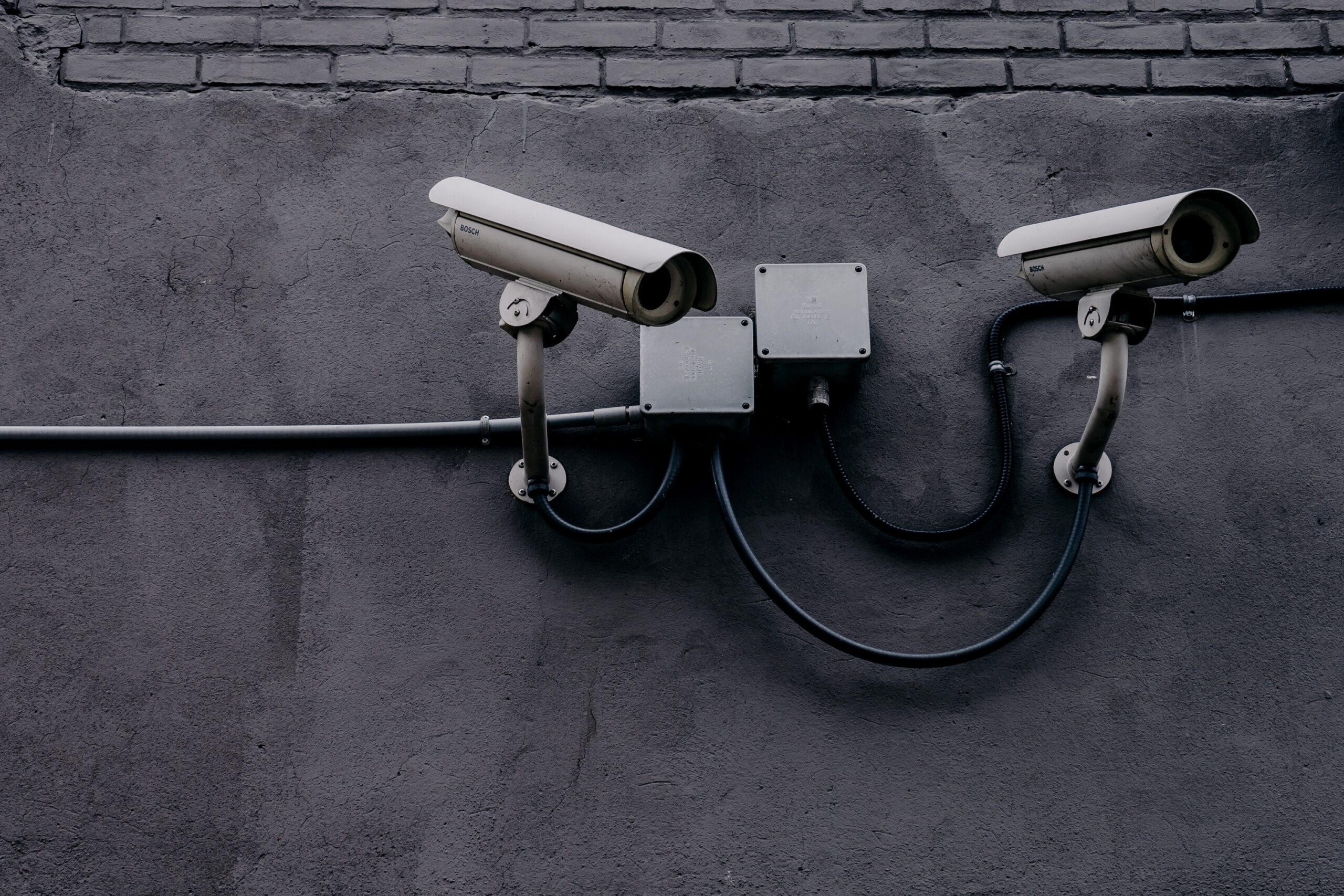Positive
Video cameras in public places have become increasingly common in cities in an effort to reduce crime and enhance public safety. While some argue that these security measures restrict individual freedom, the advantages of this trend overwhelmingly outweigh the disadvantages.
Firstly, video cameras act as a deterrent to crime. Knowing that their actions are being monitored, potential criminals are less likely to engage in criminal activity in public spaces. This not only reduces the occurrence of crime, but also helps to increase people’s sense of safety and security when they are out and about in their community.
Secondly, video cameras can provide valuable evidence in the event of a crime. Footage captured by these cameras can be used by law enforcement to identify and prosecute those who engage in criminal activity, making it easier to bring criminals to justice and to ensure that victims receive the justice they deserve.
Finally, video cameras can also be used to monitor and respond to emergencies and other critical incidents. By providing real-time footage, video cameras can help emergency responders to quickly assess the situation and respond appropriately, potentially saving lives and minimizing harm.
In conclusion, while video cameras in public places may be perceived as a restriction on individual freedom, the benefits they provide in terms of reducing crime, providing evidence, and responding to emergencies make them a valuable tool in enhancing public safety.
Negative
The use of video cameras in public places has become a prevalent security measure in many cities in an effort to reduce crime. However, the disadvantages of this trend far outweigh any perceived benefits, as it significantly restricts individual freedom.
Firstly, video cameras in public places raise serious privacy concerns. By continuously monitoring individuals in public spaces, these cameras collect a large amount of personal information about people’s daily lives, which can be accessed by law enforcement and used for purposes beyond what people initially intended. This is a violation of people’s right to privacy and can have serious consequences for those who are being monitored.
Secondly, video cameras are not always an effective way to reduce crime. While they may serve as a deterrent to some, they can also provide criminals with an opportunity to commit crimes more carefully, making it more difficult for law enforcement to identify and apprehend them. In addition, the footage captured by these cameras can often be of poor quality, making it difficult to identify suspects and providing limited evidentiary value in court.
Finally, the use of video cameras in public places can also have a chilling effect on people’s freedom of expression and assembly. When people know that they are being monitored, they may be less likely to engage in activities that are protected by the constitution, such as participating in protests or speaking out against government policies. This is a serious threat to the exercise of people’s fundamental rights and freedoms.
In conclusion, the use of video cameras in public places, while marketed as a solution to reduce crime, is a flawed approach that does more harm than good. The serious privacy and freedom concerns associated with these cameras far outweigh any perceived benefits, and they should be reconsidered as a security measure in cities.









Comments